I get it, retirement planning can seem daunting. It’s that far-off dream that can too easily be pushed aside for tomorrow’s concerns. Yet, I’ve seen firsthand how crucial it is to grasp its significance for a secure future. When I meet with clients, it’s often the ones who started early and understood the power of compound interest who are the most at ease.
Consider this: every dollar you save today can grow manifold over the years, thanks to compound interest. It’s not just about putting aside part of your paycheck; it’s about making your money work for you, year after year. Yes, the benefits are noticeable even if you start later, but the earlier you begin, the more profound the impact on your retirement savings.
But where do you start? Setting realistic retirement goals is your roadmap. I tell my clients to picture their ideal retirement – where they want to live, what activities they want to enjoy, and the lifestyle they wish to sustain. This vision helps tailor a saving strategy that aligns with their future needs and aspirations.
Now, to help you move confidently into the next stage, analyzing your financial health is paramount. It’s about taking a long, honest look at where your finances currently stand and deciding how to strengthen them for the coming years. I’ll guide you through this process in the next section, setting the stage for a robust retirement savings strategy.
Analyzing Your Financial Health: The First Step to Amplify Savings
Your financial health is the bedrock of your retirement plan. You can’t map out a journey without knowing your starting point. This involves taking a hard look at where you stand today money-wise. Let’s look through the lens of your current finances to see how we can amplify those future savings.
Begin by assessing every aspect of your income, expenses, debts, and assets. Understanding your cash flow is critical; it tells you how much you can realistically tuck away for the years ahead. Don’t just consider your salary; account for any side hustles, rental income, or investments that provide a steady cash stream.
Next, focus on maximizing your income for retirement contributions. If you’re employed, take full advantage of any employer match programs, as it’s essentially free money for your future self. If you’re self-employed or run a business, explore SEP IRAs or solo 401(k) plans that allow higher contribution limits.
Now, turn to debt. It’s a tricky beast that can strangle your finances if left unchecked. If high-interest liabilities, like credit card debt, are part of your financial picture, prioritize paying them down. Redirecting what you save on interest payments into your retirement account magnifies your long-term savings potential.
Finally, understand the impact of your current lifestyle on your future. Are there habits or subscriptions you can modify or do without? Even the smallest changes, like brewing coffee at home instead of buying it daily, can add up over time. Remember, every dollar saved today is one more you can invest for tomorrow.

Investment Strategies: Growing Your Retirement Nest Egg Wisely
When it comes to retirement savings, the approach to investing is just as critical as how much you save. This section aims to clarify the actionable strategies you can take to ensure your retirement funds not only grow but flourish over time. A tried-and-true method to achieve this is diversification. By spreading investments across various asset classes, such as stocks, bonds, and real estate, you reduce risk and give yourself a better chance at a stable return over the long haul.
Now, let’s consider the tax-advantaged retirement accounts at your disposal. The U.S. government offers several types of these accounts, most notably 401(k)s and Individual Retirement Accounts (IRAs), which come with tax benefits that can markedly escalate your savings. Maxing out contributions can lead to significant tax savings and, consequently, more money compounding for your golden years. If you’re unsure about contribution limits or how these accounts work, engaging with a financial advisor can be incredibly beneficial.
There’s also the question of when to seek professional financial advice. I recommend doing so sooner rather than later, especially if you’re navigating complex investment choices or tax laws. A financial advisor doesn’t just help with investment selections; they can provide guidance on a variety of financial matters including estate planning, tax strategies, and insurance—overall, ensuring you’re on track toward your retirement goals with a comprehensive, fine-tuned strategy.
In the upcoming section, we’ll explore how aligning your lifestyle with your savings goals can significantly contribute to a robust retirement fund. This is where budgeting takes center stage, not to confine your current life but to liberate your future one. I’ll guide you through the nuances of balancing your present needs with your long-term aspirations, while pinpointing ways to cut back without cutting joy from your life.
Lifestyle Adjustments: Smart Spending and Saving for the Future
Your day-to-day choices play a critical role in how fast your retirement fund grows. Adjusting your lifestyle might not always be easy, but it’s essential for stepping up your savings game. Here’s how savvy spending and tenacious saving can set you up for a more comfortable retirement.
BALANCE is key when I talk about budgeting. It’s not about living frugally at the expense of current happiness, but about finding an equilibrium where you can enjoy life while securing your golden years. Building a budget that accounts for both immediate needs and future plans is my approach to achieving this balance.
I recommend taking a hard look at your expenses. Spot patterns in your spending and see which ones you can trim without feeling deprived. Small changes, like dining out less often or cutting back on subscriptions, can free up more cash for your retirement account.
Another strategy I suggest is exploring part-time work, freelancing, or developing passive income sources. These can supplement your main income and accelerate your savings without compromising your lifestyle. It’s about being proactive and resourceful, turning skills or hobbies into additional streams of income.
Remember, the way you manage your finances today directly influences the quality of your retirement life. Wise spending and consistent saving aren’t just good habits; they contribute to a foundation from which you can retire with peace of mind.

Staying Flexible: Adapting Your Retirement Plan to Life’s Changes
My own financial journey has taught me a crucial lesson: Flexibility is a cornerstone of effective retirement planning. Life has a way of throwing unexpected curveballs, and your retirement strategy should be robust enough to adjust accordingly. Re-evaluating your plan on a regular basis, at least annually or after major life events, ensures that your approach continues to align with your evolving needs and goals.
The impact of unforeseen changes, like shifts in the economy, new tax laws, or personal circumstances, can’t be underestimated. These changes can affect your savings and investment results. Don’t let complacency set in; instead, empower yourself by staying informed and making informed decisions whenever adjustments are necessary.
It’s not just about the financials, either. There’s a psychological boost that comes with knowing you’re actively managing your future. A sense of control and peace of mind often accompanies the habit of proactive adaptation. It reduces anxiety about the unknown and helps you focus on what you can do right now to secure a comfortable retirement.
Remember, your retirement plan isn’t set in stone. Embrace change, seek advice when needed, and always strive to make the wisest choices for your retirement. By doing so, you’re not just preparing for the future—you’re ensuring that your golden years are as bright and fulfilling as you’ve envisioned.

This post aims to be informative and engaging. If you found the content helpful, I’d love to hear your thoughts in the comments below!
Do you have any questions related to the topic or feel something needs further explanation? Feel free to ask! I’m always happy to provide additional information or resources that might be helpful. Thank you.

